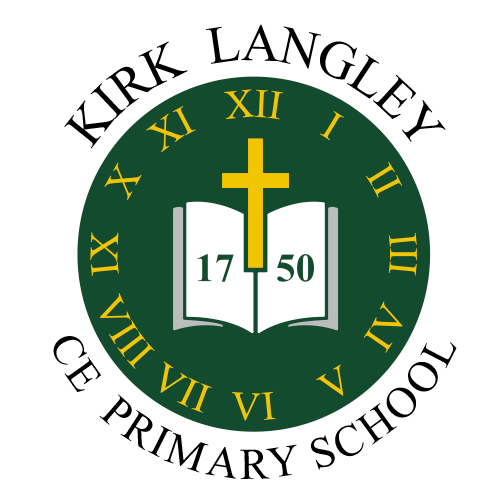Physical Education
Physical Education:
Intent, Implementation and Impact
Curriculum Intent:
- To ensure the Physical Education curriculum shows progression of skills and vocabulary.
- To ensure staff are confident in delivering the curriculum as well as assessment and offer coaching and CPD for staff who wish to enhance their knowledge and pedagogy through our partners at RS Coaching.
- Support staff in resourcing and delivering practical work.
Aims:
The national curriculum for physical education aims to ensure that all pupils:
- Develop competence to excel in a broad range of physical activities.
- Are physically active for sustained periods of time through the Positive Play initiative.
- Engage in competitive sports and activities through Amber Valley School Sports Partnership and RS Coaching.
- Lead healthy, active lives.
Curriculum Implementation:
- Engaging modelled, structured lessons to be planned and taught through the Get Set 4 PE scheme, to ensure pupils develop a knowledge and understanding in line with expected progression.
- Make sure there is a clear progression of physical skills and vocabulary.
- Use the subject specific vocabulary for their year group to ensure coverage and progression.
- Use formative assessment against clear success criteria and summative assessment only used to provide final judgements.
- Find opportunities to learn about Physical Education in written ways in preparation for KS3 (Y6 only).
Early Years Foundation Stage:
Physical activity is vital in children’s all-round development, enabling them to pursue happy, healthy and active lives. Gross and fine motor experiences develop incrementally throughout early childhood, starting with sensory explorations and the development of a child’s strength, co-ordination and positional awareness through tummy time, crawling and play movement with both objects and adults. By creating games and providing opportunities for play both indoors and outdoors, adults can support children to develop their core strength, stability, balance, spatial awareness, co- ordination and agility. Gross motor skills provide the foundation for developing healthy bodies and social and emotional well-being. Fine motor control and precision helps with hand-eye co-ordination, which is later linked to early literacy. Repeated and varied opportunities to explore and play with small world activities, puzzles, arts and crafts and the practice of using small tools, with feedback and support from adults, allow children to develop proficiency, control and confidence. Get Set 4 PE helps link the transition from nursery to Reception Physical Education and provides a consistent framework of skills and vocabulary from EYFS to Year 6.
Key stage 1 Pupils are taught to:
- Master basic movements including running, jumping, throwing and catching, as well as developing balance, agility and co-ordination, and begin to apply these in a range of activities.
- Participate in team games, developing simple tactics for attacking and defending.
- Perform dances using simple movement patterns.
Key stage 2 Pupils are taught to:
- Use running, jumping, throwing and catching in isolation and in combination.
- Play competitive games, modified where appropriate [for example, badminton, basketball, cricket, football, hockey, netball, rounders and tennis], and apply basic principles suitable for attacking and defending.
- Develop flexibility, strength, technique, control and balance [for example, through athletics and gymnastics]
- Perform dances using a range of movement patterns.
- Take part in outdoor and adventurous activity challenges both individually and within a team.
- Compare their performances with previous ones and demonstrate improvement to achieve their personal best.
Swimming and water safety:
All schools must provide swimming instruction either in key stage 1 or key stage 2. In particular, pupils should be taught to:
- Swim competently, confidently and proficiently over a distance of at least 25 metres.
- Use a range of strokes effectively [for example, front crawl, backstroke and breaststroke].
- Perform safe self-rescue in different water-based situations.
Curriculum Impact:
- It prepares pupils with the knowledge, skills and understanding to make sense of their bodies, how they function and the benefits of physical activity.
- Pupils develop a knowledge and understanding of the importance of physical activity, both physically and mentally.
- Pupils learn the skills and techniques needed to study Athletics, Dance, Games, Gymnastics, Swimming and Outdoor Adventurous Activiti
